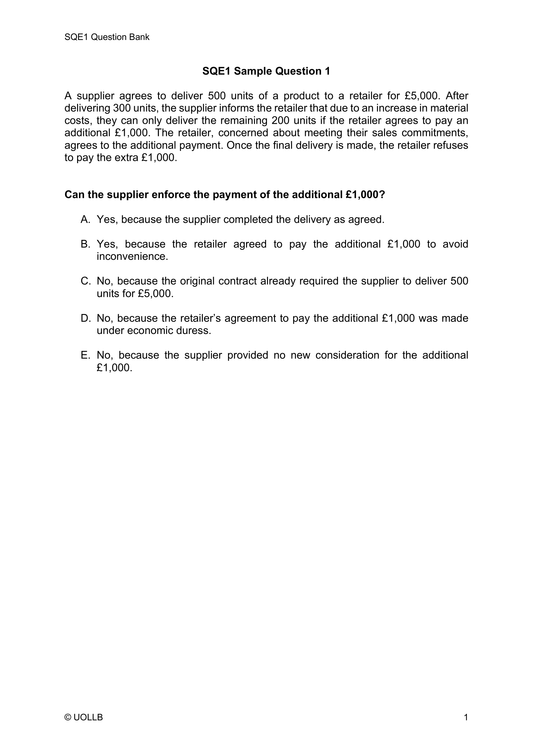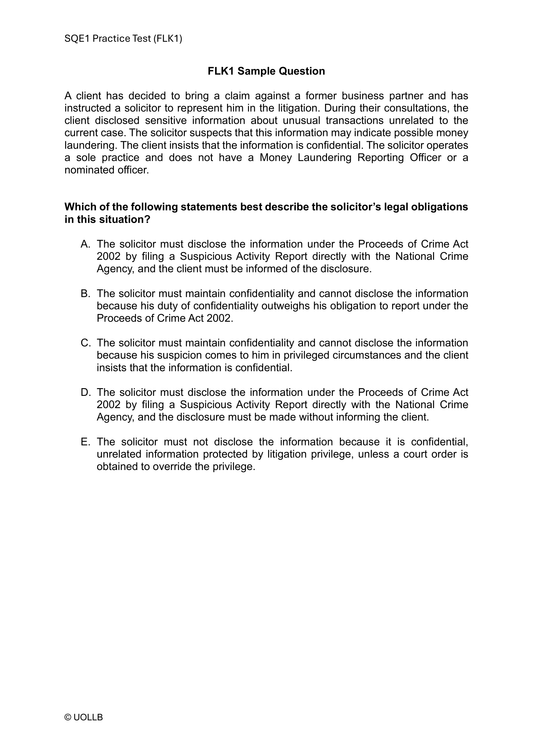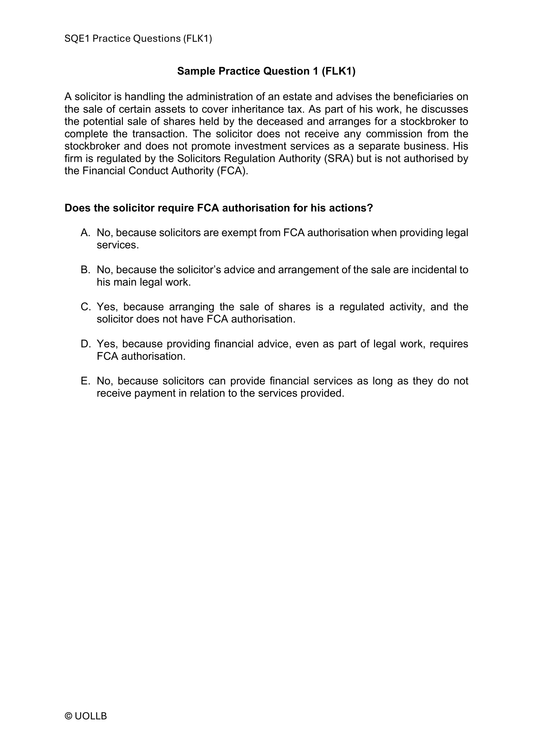Doctrine of Comity
Share
The doctrine of comity is a principle of international law and diplomacy that recognises the importance of showing respect and deference to the laws, policies, and judicial decisions of other countries. The term 'comity' comes from the Latin word 'comitas,' which means courtesy or politeness.
In essence, it is a recognition by one country of the validity and effectiveness of the laws and judgments of another country, even though they may conflict with its own laws and interests. This recognition is not based on a legal obligation, but rather on considerations of mutual respect, cooperation, and goodwill.
The idea is that countries should show respect and deference to each other's laws and decisions, particularly in cases where there is no conflict with their own laws or interests. This can be particularly important in cases involving international trade, commerce, and investment, where countries need to cooperate and work together to ensure that their respective laws and policies do not hinder the flow of goods and services across borders.
However, this doctrine is not absolute, and there are exceptions where a country may choose to disregard the laws or decisions of another country. For example, a country may refuse to recognise the laws of another country if they violate its own fundamental values, such as human rights or the rule of law. Additionally, a country may choose to refuse recognition of a foreign judgment if it is contrary to its own public policy.
In essence, it is a recognition by one country of the validity and effectiveness of the laws and judgments of another country, even though they may conflict with its own laws and interests. This recognition is not based on a legal obligation, but rather on considerations of mutual respect, cooperation, and goodwill.
The idea is that countries should show respect and deference to each other's laws and decisions, particularly in cases where there is no conflict with their own laws or interests. This can be particularly important in cases involving international trade, commerce, and investment, where countries need to cooperate and work together to ensure that their respective laws and policies do not hinder the flow of goods and services across borders.
However, this doctrine is not absolute, and there are exceptions where a country may choose to disregard the laws or decisions of another country. For example, a country may refuse to recognise the laws of another country if they violate its own fundamental values, such as human rights or the rule of law. Additionally, a country may choose to refuse recognition of a foreign judgment if it is contrary to its own public policy.





























































